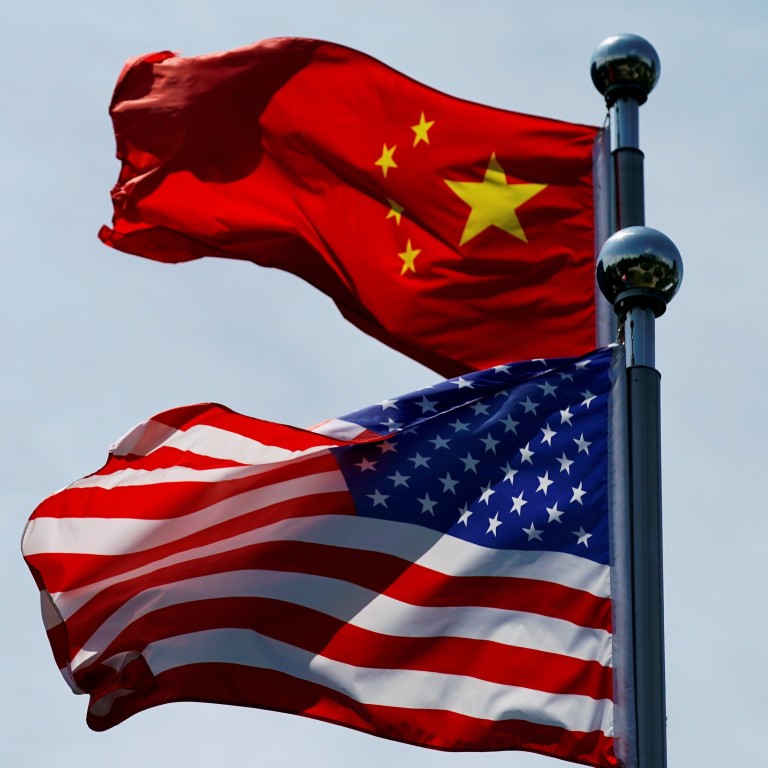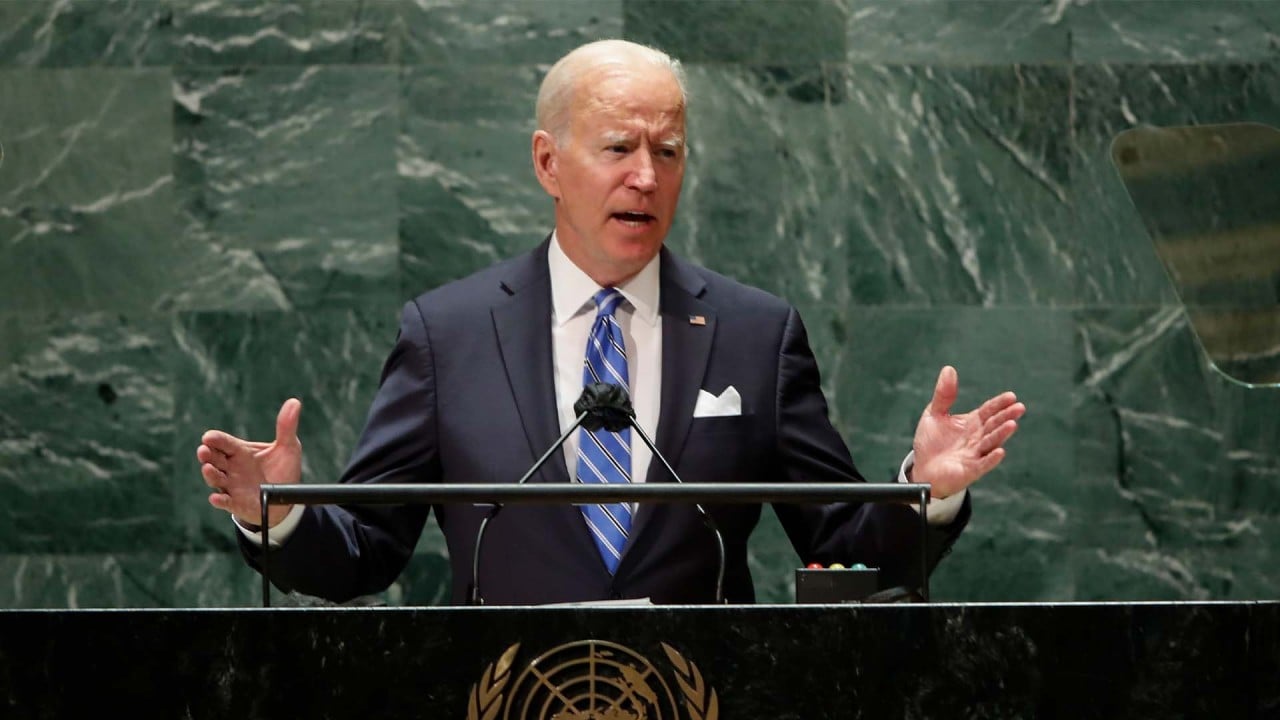
Some US-China decoupling is inevitable, senior China diplomat warns
- Article for Central Party School’s newspaper says technological rivalry will become a key battleground between China and the West
- There have been some signs of a thaw recently, but Wang Xiaolong’s comments suggest Beijing has a gloomy view of the future of relations with US
In an article published on Friday, Wang Xiaolong, director general of the foreign ministry’s department of international economic affairs, said competition and confrontation over technology would become a key area of contention in global governance and rule-making.
“It’s inevitable that Western society led by the United States will push for ‘decoupling’ to a certain extent,” Wang wrote, adding that the West would seek to “choke” off Chinese firms’ access to key technology.
The article was a brief analysis of the history of capitalism in the developed world and what recent economic trends in the West mean for China.

02:47
US ‘not seeking a new cold war’, Biden says in first UN address
The article underlines Beijing’s grim assessment of the outlook for China’s relations with the United States and other developed countries, despite limited signs of a detente with Washington.
Senior US officials, including trade representative Katherine Tai, have recently spoken of the need to ease tensions.
But according to Wang’s unusually candid assessment, tensions are here to stay.
Wang said China should both recognise the challenge from the US and its own growing strength including the “rise of our influence and power to shape the global narrative”.
COP26: why US-China rivalry could be the death of climate change diplomacy
He also argued that the wealth gap in the developed world would continue to widen as new technology such as artificial intelligence further weakened the connection between labour and value.
He said that while the gap was largely down to economic growth that benefited elites instead of the working class, he acknowledged that China’s rising economic power was another factor.
“China’s strong manufacturing capabilities have brought down global prices,” he wrote. “It is yet another proof of how global industrial transfer resulted in the transfer of jobs and wealth.”

